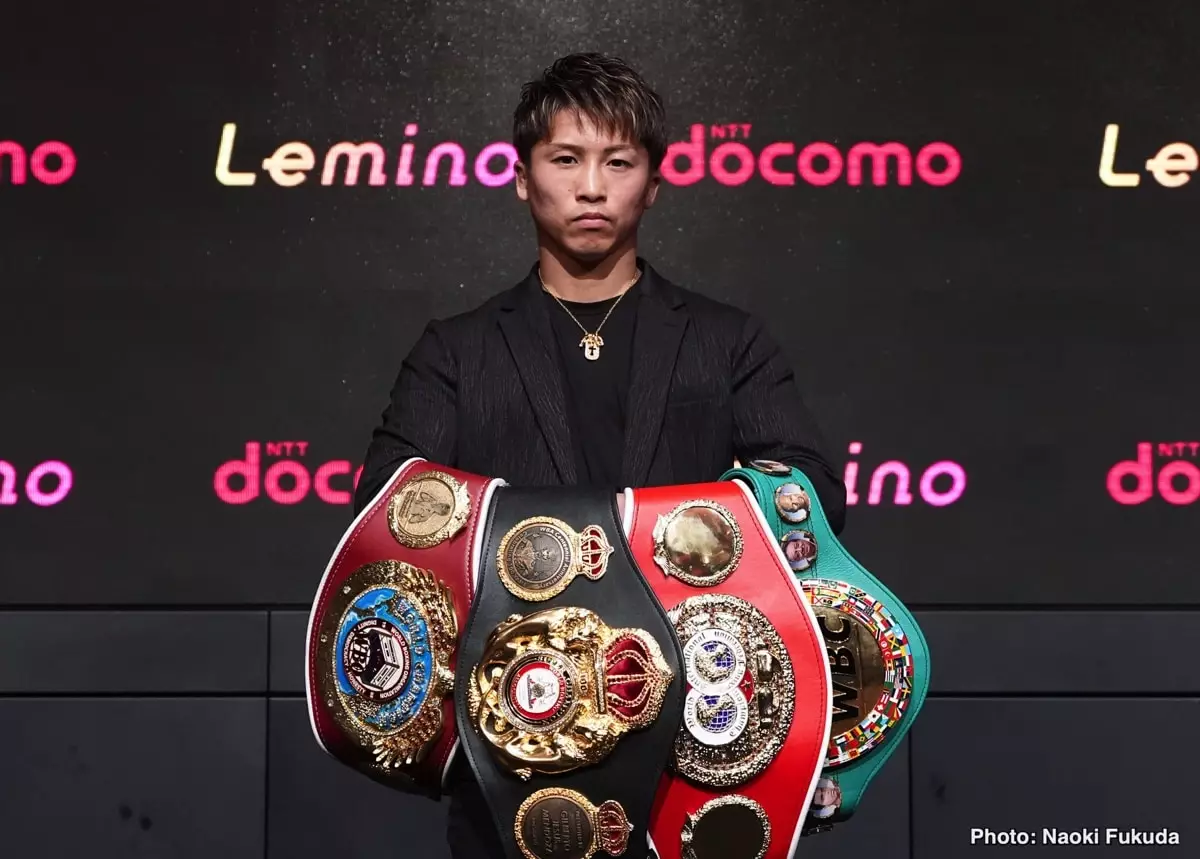Naoya Inoue, known as “The Monster,” is revered as one of boxing’s finest talents, dominating the ring with a record of 29 wins, 26 of them by knockout. However, the rousing reception he receives in Japan stands in stark contrast to the troubling ticket sales for his upcoming fight in Las Vegas. The stark reality of this situation raises important questions about the state of boxing promotion in the United States and the difficulties international stars face when they step beyond their home turf.
Inoue has consistently captivated audiences at home, with arenas overflowing with devoted fans eager to witness his prodigious skills. The impressive draw of nearly 50,000 fans for his previous bouts illustrates his standing as a national icon in Japan. Yet, as he prepares for his return to the United States, reports suggest that ticket sales are stagnating. Promoter Rick Glaser’s comments, which refer to the sales as “totally dead,” starkly underscore the apparent disconnect between Inoue’s undeniable talent and his marketability in America.
The Fan Experience: What’s Missing in the U.S.?
So, what’s behind the lack of demand for tickets? Several factors could be at play here. One possibility lies in the financial strain many Americans are currently experiencing. Ticket prices for high-profile bouts typically soar, making it difficult for the average fan to afford live attendance. This economic barrier results in a chilling effect, dissuading fans from purchasing tickets regardless of the fighters involved.
Additionally, the choice of opponent, Ramon Cardenas, may impact fan interest. While Cardenas boasts a respectable record, a fighter’s reputation and drawing power significantly affect ticket sales. The appeal of a clash against an established rival or a notable contender might have drawn more fans eager to witness a competitive showdown. Without a frenzy surrounding the matchup, it’s conceivable that fans feel less inclined to shell out for tickets.
Marketing Mavericks: The Shortcomings of Promotion
Moreover, the promotional strategies employed by firms like Top Rank come under scrutiny. Are promoters effectively leveraging the star power of their fighters? The apparent struggle to connect with American audiences suggests that there may be a significant flaw in their approach. Promoting boxing events requires not just showcasing the fighters’ talents but mending the relationship between the sport and its audience. Fans need to feel a sense of connection and anticipation for the event, which seems to be missing in this instance.
The spectacle of a live boxing match is an experience that cannot be replicated, yet it seems the promoters have not cultivated the excitement surrounding Inoue’s U.S. debut adequately. With weeks until the fight, there remains a glimmer of hope for increased ticket sales, perhaps through stimulated marketing campaigns. However, the risk of lingering lukewarm interest highlights broader challenges in attracting fans to support international fighters stepping into the American ring.
While Naoya Inoue is undoubtedly a formidable force within the boxing world, navigating the complexities of market dynamics in the U.S. poses an ongoing challenge. It underscores the need for effective engagement strategies and perhaps rethinking how promoters best position international stars to win over American audiences. The fight is about more than just the punches thrown—it’s about capturing the hearts and wallets of the fans.

